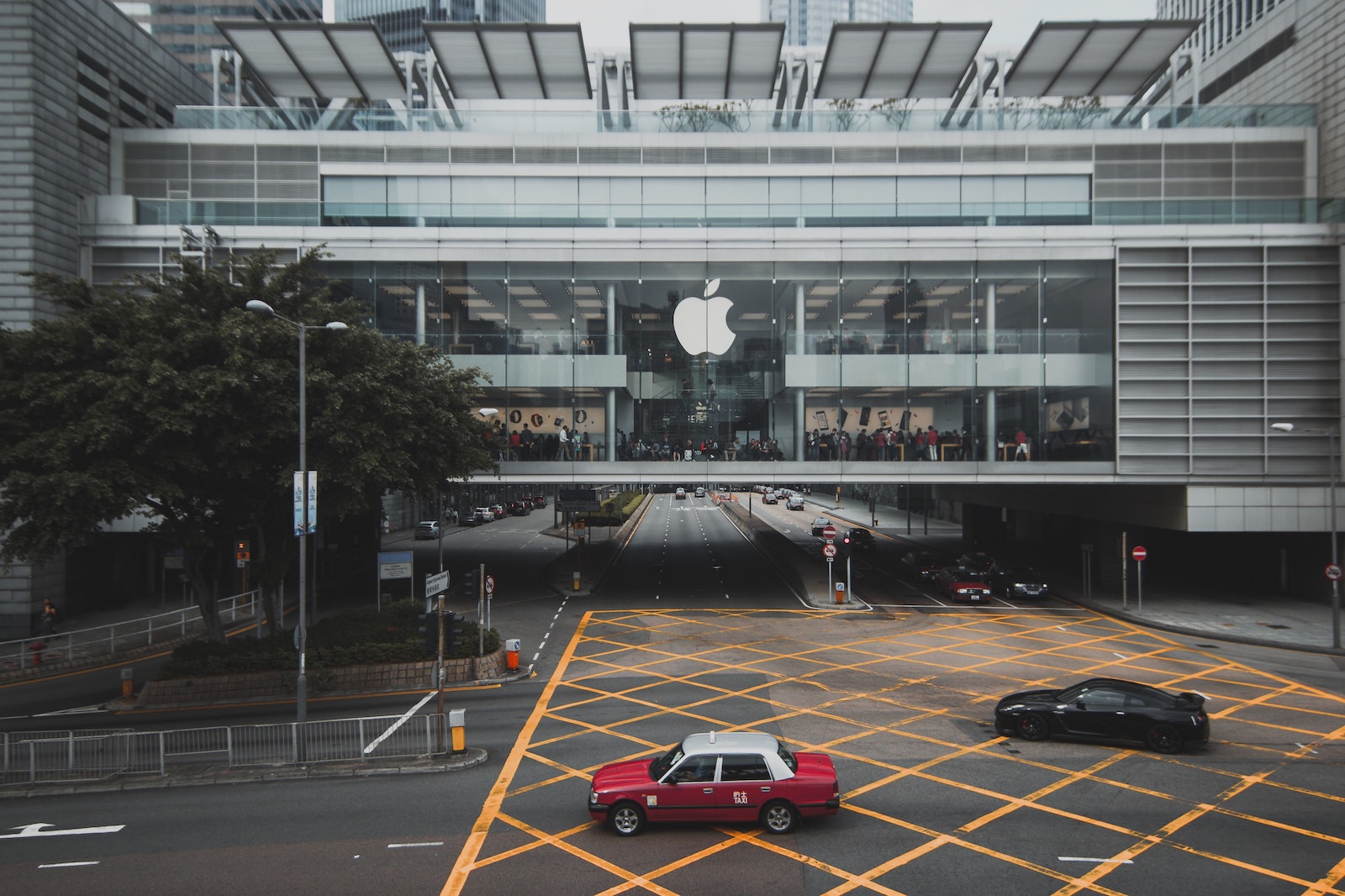Apple has filed an appeal against the ruling in the Epic Games lawsuit, potentially delaying changes to App Store guidelines for years. Although the original ruling in September was in favor of Apple for 9 out of the 10 counts, the company is going after the one injunction that would have allowed developers to avoid paying the 30 percent commission charged by Apple by linking users out to third-party payment processors for in-app purchases. This injunction was set to go into effect on December 9, but Apple has asked the court to suspend it until the appeals filed by both Apple and Epic are resolved, which could take years. We don’t know yet if the court will accept the appeal or grant the stay. What has Apple argued in its appeal? Seeking to enhance information flow, which will solve the court's concern: "Apple is carefully working through many complex issues across a global landscape, seeking to enhance information flow while protecting both the efficient functioning of the App Store and the security and privacy of Apple’s customers. Striking the right balance may solve the Court’s concerns making the injunction (and perhaps even Apple’s appeal itself) unnecessary," the company said. Epic was not harmed by anti-steering provisions: Referring to anti-steering guidelines that were deemed anti-competitive, Apple said that "Epic barely mentioned that claim during the trial and offered no evidence that it was harmed by the anti-steering provisions." Will cause irreparable harm to Apple and consumers: "The precipitous implementation of this aspect of the injunction would upset…




























